Our work
EDRi is the biggest European network defending rights and freedoms online. We work to to challenge private and state actors who abuse their power to control or manipulate the public. We do so by advocating for robust and enforced laws, informing and mobilising people, promoting a healthy and accountable technology market, and building a movement of organisations and individuals committed to digital rights and freedoms in a connected world.
Filter resources
-

Is this the most criticised draft EU law of all time?
An unprecedentedly broad range of stakeholders have raised concerns that despite its important aims, the measures proposed in the draft EU Child Sexual Abuse Regulation are fundamentally incompatible with human rights.
Read more
-

Meta pledges to ask EU users for consent before showing behavioural ads
In a surprise announcement last Tuesday, Meta made the long overdue promise to finally ask its users for their consent before showing them behavioral ads – at least if they live in the European Union, EEA or Switzerland.
Read more
-
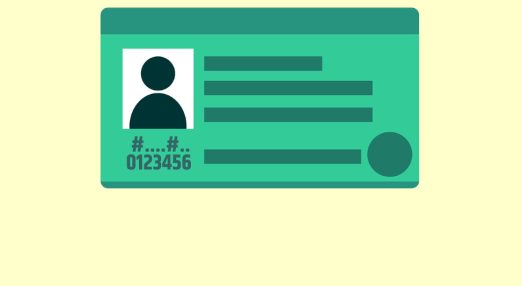
Digital ID – civil society demands protection of Users
One single app to rent a hotel room, prove your age, your educational, financial or health certificates, or to access digital public and private services? Sounds convenient? Well, it is. But if done wrong, it will be equally easy for corporations, authorities or even bad actors to create highly detailed profiles about yourself – spanning a vast area of your everyday life – or abuse this treasure of sensitive personal information in other ways.
Read more
-
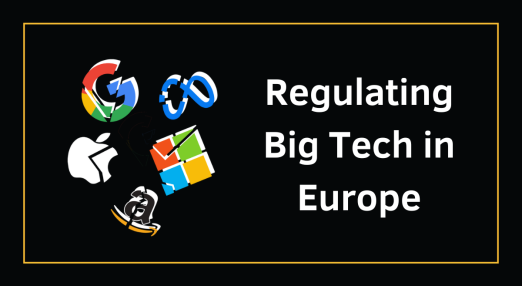
Regulating Big Tech in Europe with the Digital Services Act & Digital Markets Act
The EU’s latest flagship laws Digital Services Act (DSA) and Digital Markets Act (DMA) are in force, the regulatory structure is (slowly) being set up, the first Big Tech companies are suing in court, and the European Commission throws a party (yes, really). But what does this mean for people in their role as platform users and what’s coming next?
Read more
-

Council poised to endorse mass surveillance as official position for CSA Regulation
The Council of EU Member States are close to finalising their position on the controversial CSA Regulation. Yet the latest slew of Council amendments – just like the European Commission’s original – endorse measures which amount to mass surveillance and which would fundamentally undermine end-to-end encryption.
Read more
-
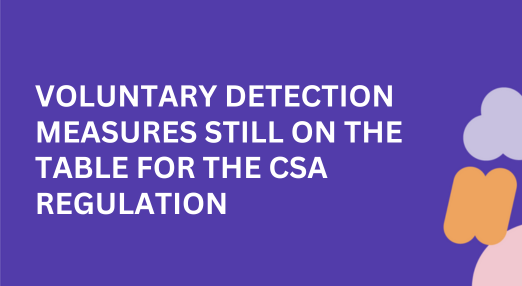
Voluntary detection measures still on the table for the CSA Regulation
Whilst the draft EU CSA Regulation is intended to replace current voluntary scanning of people's communications with mandatory detection orders, lawmakers in the Council and Parliament are actively considering supplementing this with "voluntary detection orders". However, our analysis finds that voluntary measures would require a legal basis in the CSA Regulation, which would likely fall foul of the Court of Justice. Content warning: contains discussions of child sexual abuse and child sexual abuse material
Read more
-
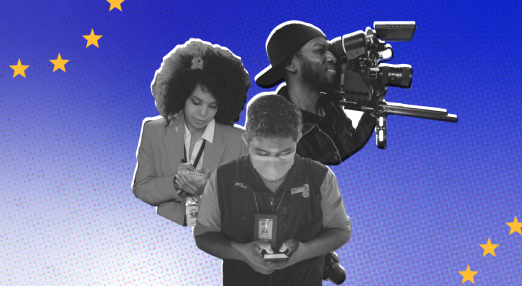
LIBE Committee’s opinion fails to include a total ban on the use of spyware in the European Media Freedom Act
EU Parliament's LIBE committee voted on its position on the European Media Freedom Act (EMFA) and failed to call for a total ban on the use of spyware against journalists.
Read more
-
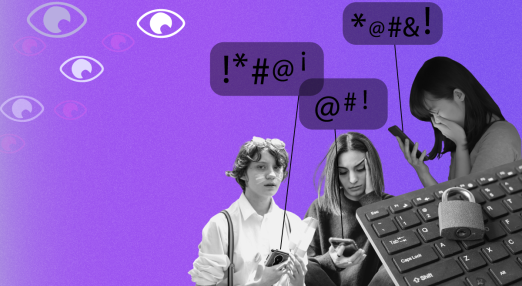
EU Parliament’s position on Directive combatting gender-based violence a step in the right direction, with some misses on protecting privacy
Last week, the European Parliament agreed to their final position on the directive on combatting violence against women and domestic violence. While the overall outcome is a positive step towards safeguarding the rights of women and LGBTQ+ people online, the EU failed once again to account for encryption as a key tool to protect the privacy of threatened groups.
Read more
-

All eyes on EU: Will Europe’s AI legislation protect people’s rights?
As the EU’s AI Act moves into the final phase of negotiations, key battles arise for the protection of human rights.
Read more
-

EDRi-gram, 12 July 2023
Keeping up with the fast-paced digital rights world is hard work, so we’re taking a well-deserved summer break. But there’s lots to update you on before we go. In this EDRigram, you can read about the ongoing efforts in the EU and the UK to protect encryption and keep the safety and integrity of everyone’s private communications intact. You can also read about what EU’s plans to digitise travel documents could mean for you – more convenient travelling or more discrimination? Since this is the last edition of the EDRigram before we break for the summer, we have an extended recommendation section to keep you from from missing us while we’re away. Have a great summer!
Read more
-
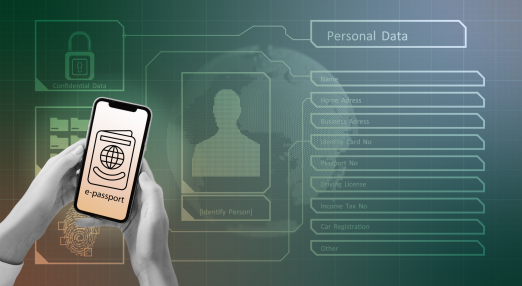
How EU’s plan to digitising travel documents might affect you
The EU Commission wants to store ID data on smartphones in the future and introduce contactless border controls with biometrics. This could affect all travelers in the future. EDRi member Digitalcourage submitted feedback to this EU initiative to intervene.
Read more
-
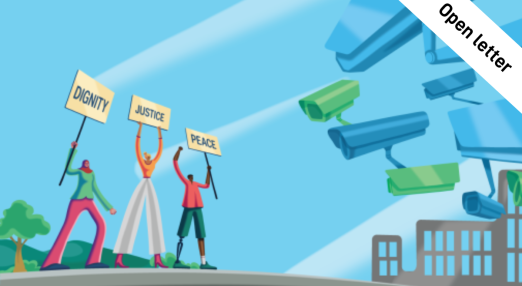
Civil society calls on EU to protect people’s rights in the AI Act ‘trilogue’ negotiations
As EU institutions start decisive meetings on the Artificial Intelligence (AI) Act, a broad civil society coalition is urging them to prioritise people and fundamental rights in this landmark legislation.
Read more
